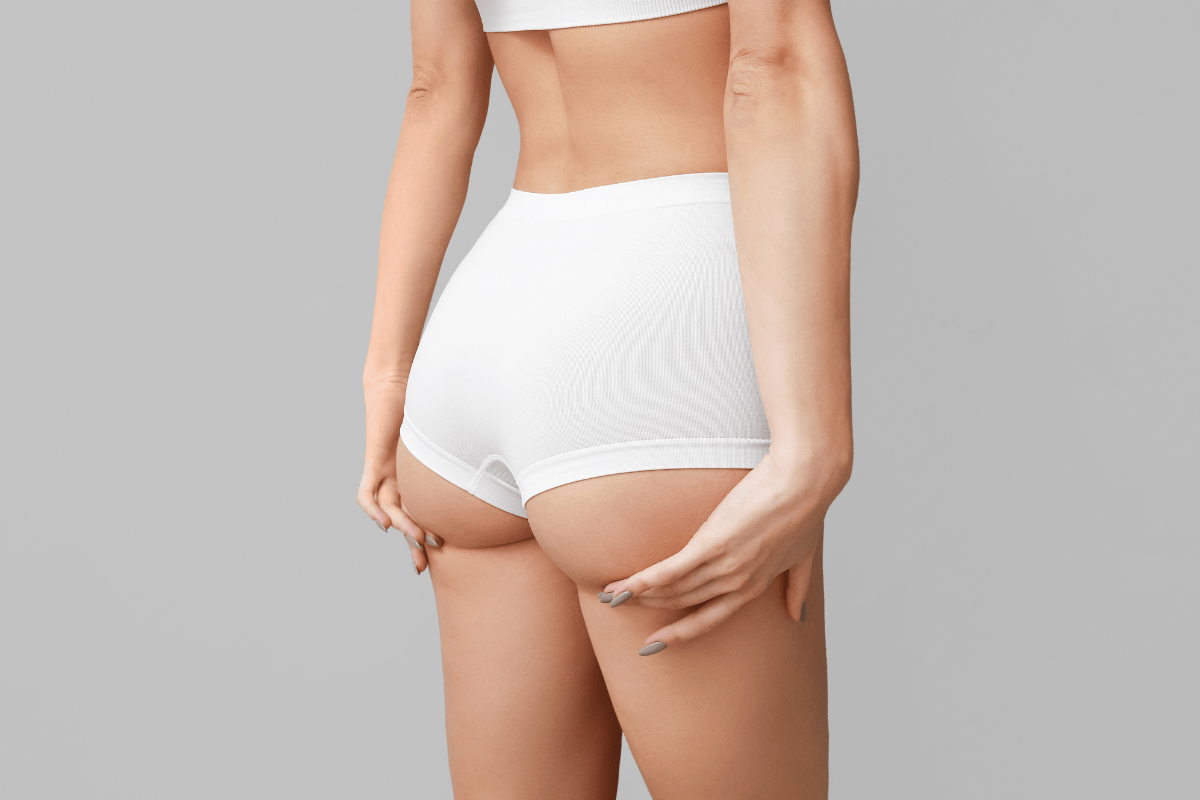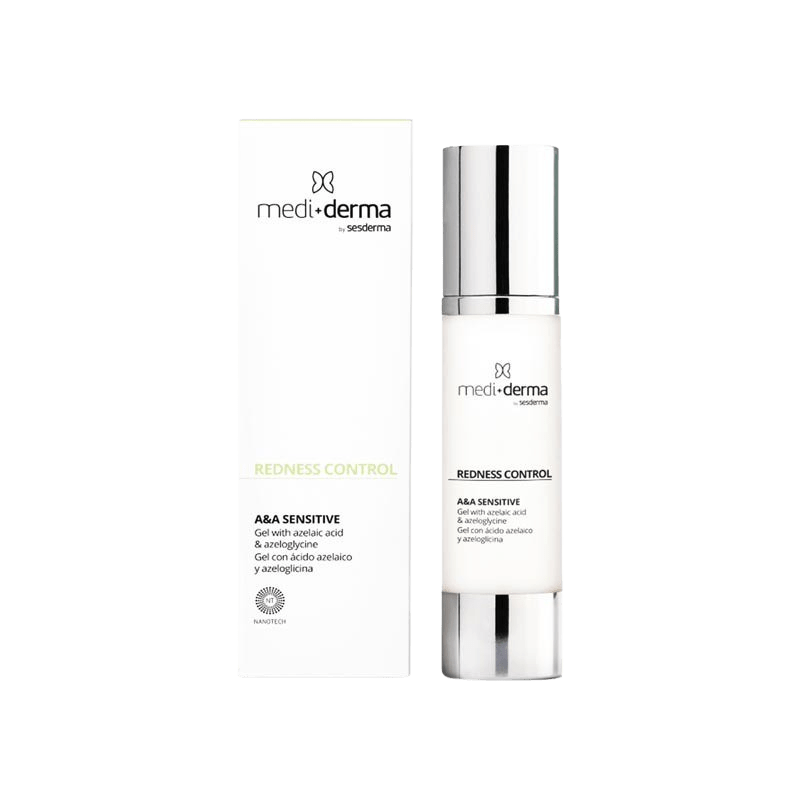
Join now for exclusive pricing & express shipping
In 2006, Dr. Eric Finzi, a dermatologist with a Ph.D., conducted a case series involving 10 patients battling depression. He administered a single course of botulinum toxin A (BTA, specifically onabotulinumtoxinA) injections to their foreheads. The results, emerging after two months, showed a positive result for 9 out of the 10 patients examined. The 10th patient, however, who struggled with bipolar depression, experienced significant improvements in his symptoms but not complete remission. This case study by Dr. Eric Finzi highlighted the captivating potential of Botox injections not just in the cosmetics industry but also in the space of mental health.
In the subsequent years, a number of extensive research strengthened the promising connection between Botox and depression, establishing this product as a potential tool to address mental health. Take, for instance, the case of Sophie Atwood from Cheshire, whose personal journey with Botox yielded remarkable improvements in her mood. Sophie has battled panic disorder since her teenage. However, when she started the Botox treatment to reduce her facial lines and wrinkles, she noticed a remarkable improvement in her mental health, too.
For readers like Sophie, the connection between Botox and mental health is an interesting topic to study.
In the forthcoming sections, we will explore some of the latest research on Botox and its associations with depression.
In recent years, Botox, primarily known for its cosmetic applications, has been under the spotlight for its potential role in addressing symptoms of mental health conditions like depression and anxiety. New research published in September 2022 suggests that the relaxation of facial caused by Botox injections could break the feedback loop that reinforces negative emotions, opening up a promising avenue for the treatment of mood disorders.
At the core of this research lies the facial feedback hypothesis, a concept dating back to Charles Darwin and William James in the 19th century. This theory suggests that our facial expressions not only communicate our emotions to others but also play a crucial role in reporting these emotions back to ourselves. In other words, the expressions we make reinforce our emotional states, potentially escalating them to problematic levels in the context of mental health disorders. Essentially, our facial expressions have the power to influence our internal emotional experiences, and this feedback loop is central to the research we’re exploring.
By administering Botox to these facial muscles, the team aimed to interrupt the feedback loop between facial expressions and emotions. When Botox relaxes these muscles, it may lead to a calming effect on the patient’s emotions, reducing the intensity of their negative feelings. Relaxing these ‘grief muscles’ could break the cycle of negative emotions and bring relief to individuals struggling with mental health conditions.
To test their hypothesis, the researchers randomly picked 45 female patients diagnosed with borderline personality disorder (BPD). Intense and unstable emotions characterize borderline personality disorder, often reflected in the form of an overwhelming feeling of anger and fear. Controlling these emotions can be challenging, making BPD a pertinent condition to examine in the context of emotional regulation.
The researchers classified the participants into two groups: one received Botox injections in the ‘grief muscles,’ and the other underwent acupuncture, serving as a control group. Both groups participated in an emotional go/no-go task both before and four weeks after the treatment. During this task, the researchers used functional magnetic resonance imaging (MRI) scans to monitor the participants’ brain activity. This approach allowed the researchers to examine how Botox and acupuncture might affect brain activity and emotional responses in individuals with borderline personality disorder.
The study produced promising results. Both the Botox and acupuncture groups showed similar improvements in their condition after treatment, indicating that both treatments had a positive impact on the patient’s emotional well-being.
Now, let’s delve into the specific MRI scan results, which provide further insight into the effects of Botox. The scans revealed that Botox modifies the neurobiological aspects of borderline personality disorder (BPD). The treated group showed a visible reduction in activity within the brain’s amygdala region, which plays a crucial role in processing negative emotions. This soothing effect was absent in the acupuncture group, indicating a specific benefit of Botox in targeting this critical region or the brain.
Furthermore, the researchers observed that Botox reduced impulsive behavior in the go/no-go task, and this reduction correlated with increased activation of prefrontal brain areas responsible for inhibitory control.
It is essential to invest in more robust research programs to evaluate the connection between Botox and mental health holistically. First of all, we need to address the ethical implications of using a cosmetic procedure for therapeutic purposes. Additionally, practical aspects such as administration, safety, and the long-term effects of Botox in mental health treatment require further investigation.
Traditional treatments like psychotherapy and antidepressants may not effectively work for all patients, underscoring the need for alternative options like Botox injections. Large-scale clinical trials are necessary to understand the potential of Botox in mental health treatment fully and to address the ethical and practical considerations associated with its use.
The correlation between Botox and mental health treatment is an evolving field. Although the concept of using Botox to disrupt negative emotion feedback loops is still in its early stages, it presents an encouraging approach to address mood disorders and depression. The study conducted by Dr. Axel Wollmer and his team sheds light on the potential of Botox to calm the amygdala and enhance inhibitory control, opening the door to exciting new treatment possibilities. As we hope for larger clinical trials, the role of Botox in mental health treatment will definitely expand and offer new hope to those seeking relief from debilitating conditions.
